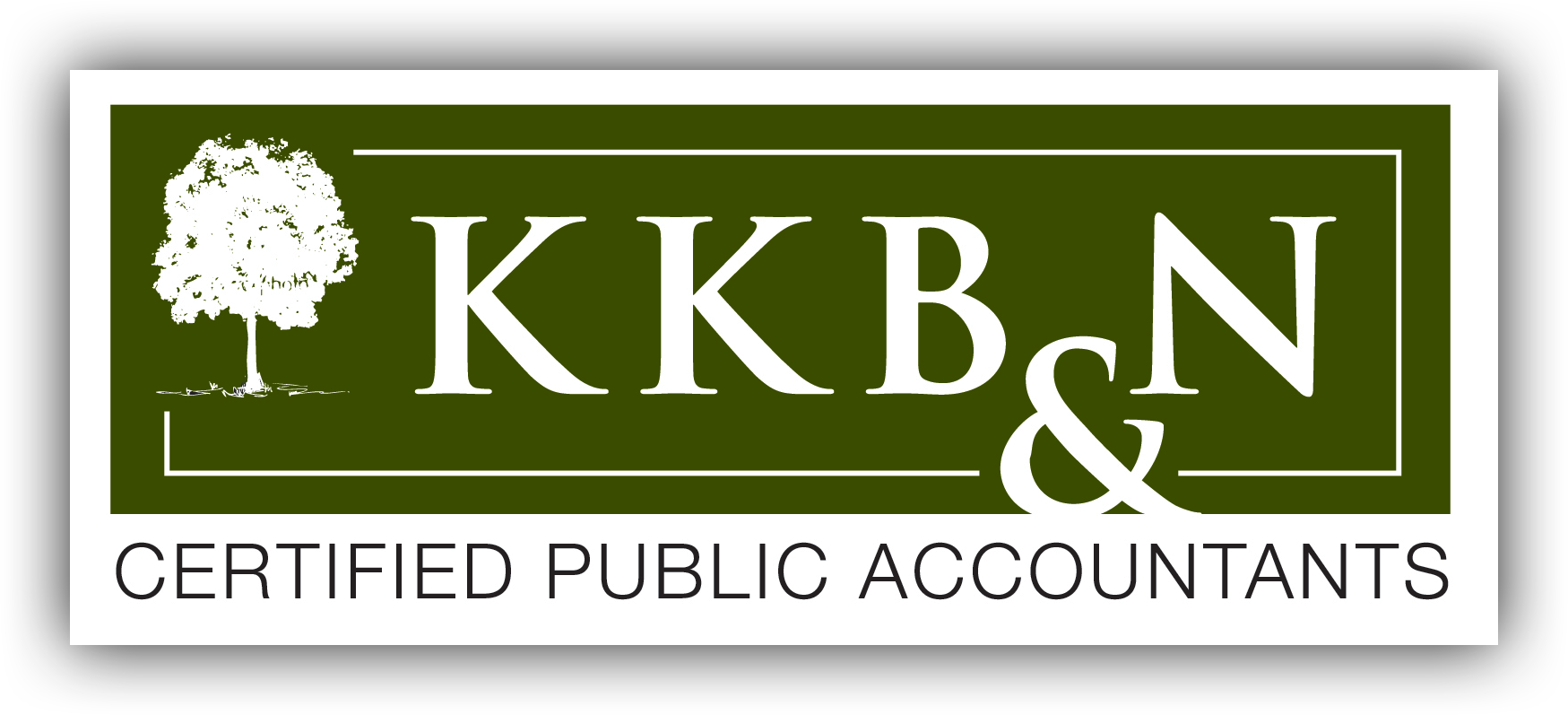Audits – Are your financial procedures in order?
Although dreaded at times, audits can be beneficial. An audit provides assurance that management has presented a ‘true and fair’ view of a company’s financial performance and position.
Being prepared for the annual audit will not only assist the auditors, but it will also give you insight on some areas where management may improve their processes. By working together, you and the auditors are more likely to discover ways to improve efficiency and minimize errors.
What information will an auditor ask for?
The owner or financial officer of the company should establish a list of agreed-upon items with the auditor, while ensuring the time frame is fair to the staff. Here are some things to think about ahead of time.
- Needs and audit procedures to be performed should be discussed with management.
- Determine contact people for specific areas under audit and avoid any potential scheduling conflicts, such as vacations and holidays.
- Establish an “auditor” file for agency correspondence and for copies of new or changed documents about fixed asset additions and disposals, debt agreements, leasing arrangements, lawsuits, complex transactions, technology modifications, and major customers and vendors.
- Reconcile detail to general ledger account totals. For example,
- reconcile all bank accounts
- accounts receivable
- accounts payable
- equipment lists.
- Request templates, copies of prior working papers, and clarification so you can prepare information in a format acceptable to the auditor.
Deadlines should be set to discuss significant estimates used in the financial statements, such as allowance for uncollectible accounts, warranty reserves, and percentage of completion.
What information will an auditor ask for?
The auditor may ask you to explain significant actual-to-budget and prior-year variances. Be prepared to discuss the results of the year based on your expectations going into the year.
How should you communicate with the auditor during the audit?
Be open and honest. You may be asked about questionable accounting practices, fraud risk factors, and known deficiencies in accounting systems.
Alert the auditor to any outside consultants, regulatory agency inquiries, or future plans, and provide related reports and correspondence. These communications add value to the company and enhance the overall quality of business processes.

